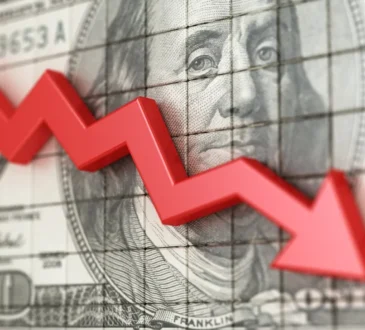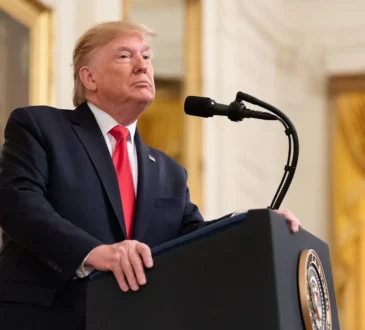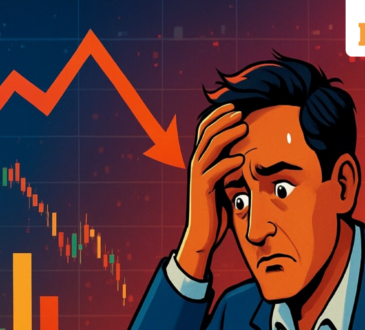Market participants, policymakers and others interested in the functioning of the global economy continue to monitor trade war negotiations between top representatives of U.S. President Donald Trump and Chinese President Xi Jinping.
U.S. officials offered more assurances of progress on key issues such as export controls on rare earth metals and semiconductors amid more all-day discussions with Chinese counterparts Tuesday.
After hopeful signs from a New York Fed consumer survey and ahead of the release of consumer and producer inflation data for May, small business optimism is up for the first time in 2025.
Sign up for Kiplinger’s Free E-Newsletters
Profit and prosper with the best of expert advice on investing, taxes, retirement, personal finance and more – straight to your e-mail.
Profit and prosper with the best of expert advice – straight to your e-mail.
Still, markets remain most interested in the primary uncertainty introduced by President Trump on “Liberation Day” and the effort to walk back tariffs and other impediments to world commerce.
Trump said he’s “only getting good reports” from Treasury Secretary Scott Bessent, Commerce Secretary Howard Lutnick and Trade Representative Jamieson Greer in London.
“We’re doing well with China. China’s not easy,” the president told White House reporters Tuesday morning. “We’re going to see,” he responded to a question about China’s restrictions on rare earth metals shipments.
“Unclear about whether tariffs will affect inflation more than growth,” writes BMO Capital Markets Senior Economist Sal Guatieri, “the Fed appears content to hold to the sidelines until the economy shows clearer signs of weakness.”
At the closing bell, the blue-chip Dow Jones Industrial Average inched up 0.3% to 42,866, the broad-based S&P 500 tacked on 0.6% to 6,038, and the tech-heavy Nasdaq Composite surged by 0.6% to 19,714.
Smucker gets jammed
J.M. Smucker (SJM) declined 15.6% after management of the food and beverage maker reported fiscal 2025 fourth-quarter earnings of $2.31 per share on revenue of $2.14 billion.
According to FactSet, Wall Street expected Smucker to post earnings of $2.24 per share on revenue of $2.18 billion. Smucker posted EPS of $2.66 on revenue of $2.21 billion a year ago.
The Sweet Baked Snacks segment, which includes Hostess brands that was acquired in 2023, posted a comparable sales decline of 14% and a profit slide of 72% for the full fiscal year.
Smucker, whose brands include Folgers coffee and Jif peanut butter as well as Smucker’s jams, guided to fiscal 2026 EPS of $8.50 to $9.50 vs $10.12 for fiscal 2025. Revenue growth will slow to 2% to 4% from 7%.
CEO Mark Smucker said his company faces “a dynamic environment including evolving macroeconomic factors,” citing record-high coffee costs, tariffs and other policy changes, as well as “consumers that continue to seek value.”
Analysts score Trump vs Musk
Tesla (TSLA) is rebounding in fine style from CEO Elon Musk’s apparent breakup with President Donald Trump, rising 5.7% Tuesday and extending its rally to 19.4% off its June 5 intraday low.
That’s despite two analyst downgrades this week.
Senior Analyst Bill Selesky of Argus Research lowered his intermediate-term rating on TSLA to Hold from Buy.
Selesky emphasized, however, that long-term rating remains Buy, “as the stock appears to be currently trading on non-fundamental events, specifically the worsening tiff between the U.S. president and the world’s richest man.”
The analyst cites expiration of EV tax credits as another potential drag on demand for Tesla’s cars, as well as AI-related projects such as Cybercab and Optimus as potential upside catalysts.
“We believe a near-term Hold rating is prudent at this time,” Selesky concludes.
Baird analyst Benjamin Kallo cut TSLA stock to Neutral (or “Hold”) from Outperform (or “Buy) for the same reason. Kallo kept his 12-month target price at $320.
“The recent incident between Musk and President Trump exemplifies key-person risk associated with Musk’s political activities,” Kallo observes.
Kallo notes that the public quarrel “may heighten questions regarding brand damage, which we expect will persist until sustained evidence of volume growth avails itself.”
Optimism flows
This week’s economic calendar gets really interesting with the Wednesday morning release of Consumer Price Index (CPI) data for May.
But with Monday’s release of solid Survey of Consumer Expectations results from the New York Fed, Tuesday’s report that the NFIB Small Business Optimism Index rose for the first time this year makes for solid bookends.
The NFIB index printed at 98.8 in May, up from 95.8 in April, with expected business conditions and sales expectations accounting for most of the gain.
The Uncertainty Index rose two points from April to 94 from 92. And 18% of respondents said taxes are their most important problem, up from 16%.
“Although optimism recovered slightly in May, uncertainty is still high among small business owners,” said NFIB Chief Economist Bill Dunkelberg.
“While the economy will continue to stumble along until the major sources of uncertainty are resolved, owners reported more positive expectations on business conditions and sales growth.”




